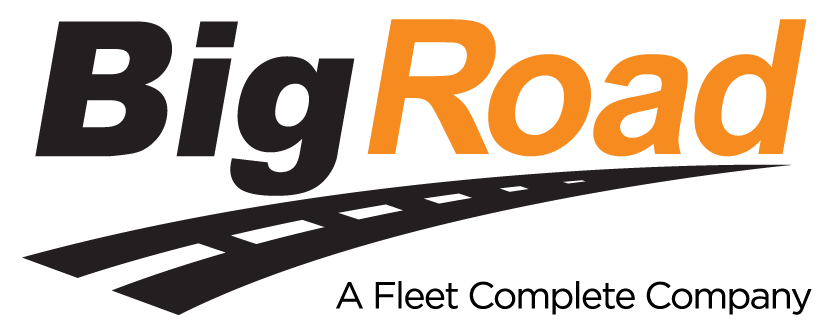Let’s look at ELDs though the post-rollout lens – the good, the bad, and the ugly.
The fakes
 Now that the ELD rollout of December 18, 2017, is behind us, some motor carriers quickly discovered that the ELD devices they bought at the very last minute did not work as advertised. This has caused motor carriers to prematurely terminate their contracts with non-compliant ELD vendors who were just looking for some fast cash.
Now that the ELD rollout of December 18, 2017, is behind us, some motor carriers quickly discovered that the ELD devices they bought at the very last minute did not work as advertised. This has caused motor carriers to prematurely terminate their contracts with non-compliant ELD vendors who were just looking for some fast cash.
Because this was a self-certifying process, it was not unlike the wolf in the hen house.
There were a number of ELD vendors that did not complete their due diligence but still wanted to enter the marketplace to take advantage of the extreme demand for ELD sales. Therefore, you had all kinds of new ELD vendors entering the market place that had non-compliant devices.
The duped motor carriers are forced to go back to the drawing board to find a reputable ELD vendor.
ELD or AOBRD?
I have feedback from some clients that, in some cases, DOT were also confused about whether they were dealing with an electronic logging devices (ELD) or automatic on-board recording devices (AOBRDs).
 This new directive provides much more flexibility for motor carriers to continue to deploy AOBRD until the December 16, 2019, sunset date for full ELD deployment, provided they met the original AOBRD grandfathering provisions in the rule making.
This new directive provides much more flexibility for motor carriers to continue to deploy AOBRD until the December 16, 2019, sunset date for full ELD deployment, provided they met the original AOBRD grandfathering provisions in the rule making.
This is clearly considered a good news story, except for motor carriers that had not taken advantage of the AOBRD grandfathering provisions, and must comply with the more stringent ELD functional requirements in Part 395.
{{cta(‘b6db7f61-85b7-4a45-bb72-fcf3649b7001′,’justifycenter’)}}
The soft enforcement
On another note, even though FMCSA said there would be a “soft enforcement” up until April 1, 2018, in some States, discretion by the DOT was left to the Officer at roadside, or during a compliance audit.
If you happen to have been cited by DOT for an ELD related violation, I strongly recommend you initiate a DataQ challenge with FMCSA to get the citation removed.
For those unfamiliar with DataQ, this system allows the trucking industry to request and track a review of violations that may be incorrect.
Submitting a DataQ brings the issue to the attention of the FMCSA. They will then investigate and change the violation code as appropriate, which will help protect your Safety Measurement System (SMS) score and get these violations removed from your Compliance, Safety & Accountability (CSA) profile.
I have heard of a growing number of instances where DOT Inspectors have used the incorrect violation code. I do not believe that it is being done maliciously or being done with bad intent.
The ELD mandate is a complex regulation with a lot of moving parts. It is understandable that some miscommunication has occurred between the FMCSA and the Inspectors enforcing the mandate at weigh stations or roadside.
That being said, I can state with enough emphasis of the critical importance of your Safety Management Scores under CSA to your business.
It is imperative that you are informed and able to take action if affected.{{cta(‘b6db7f61-85b7-4a45-bb72-fcf3649b7001′,’justifycenter’)}}
